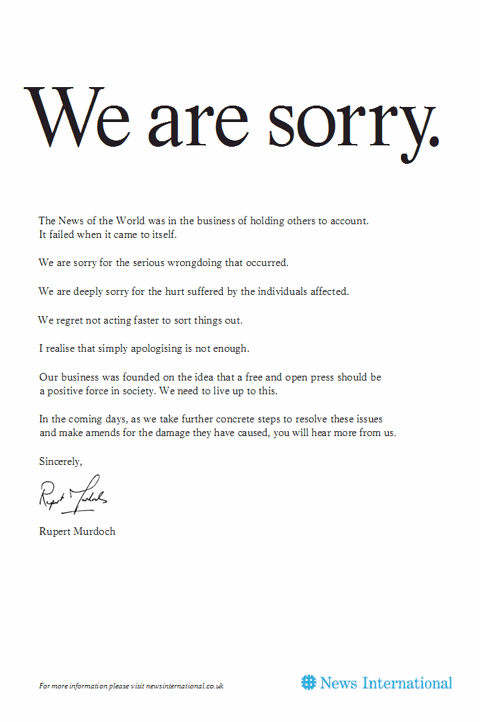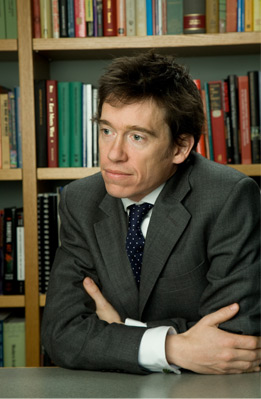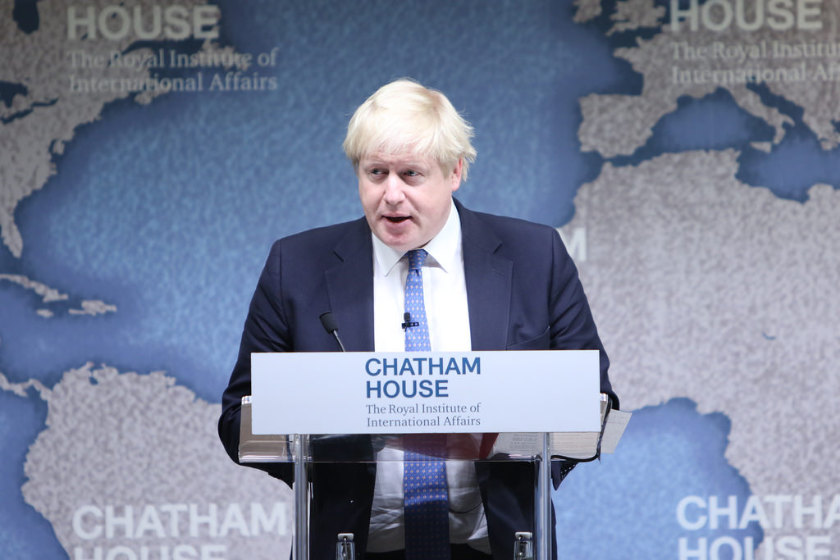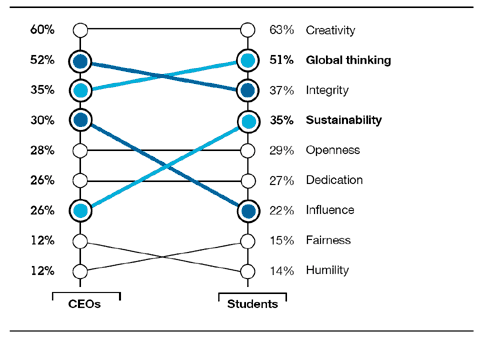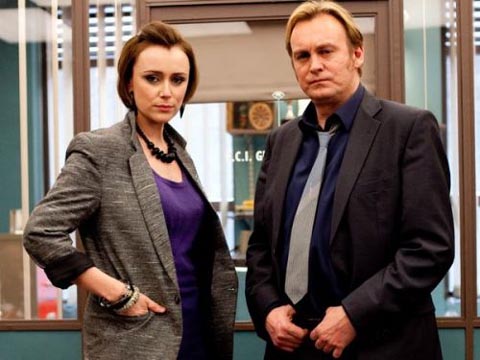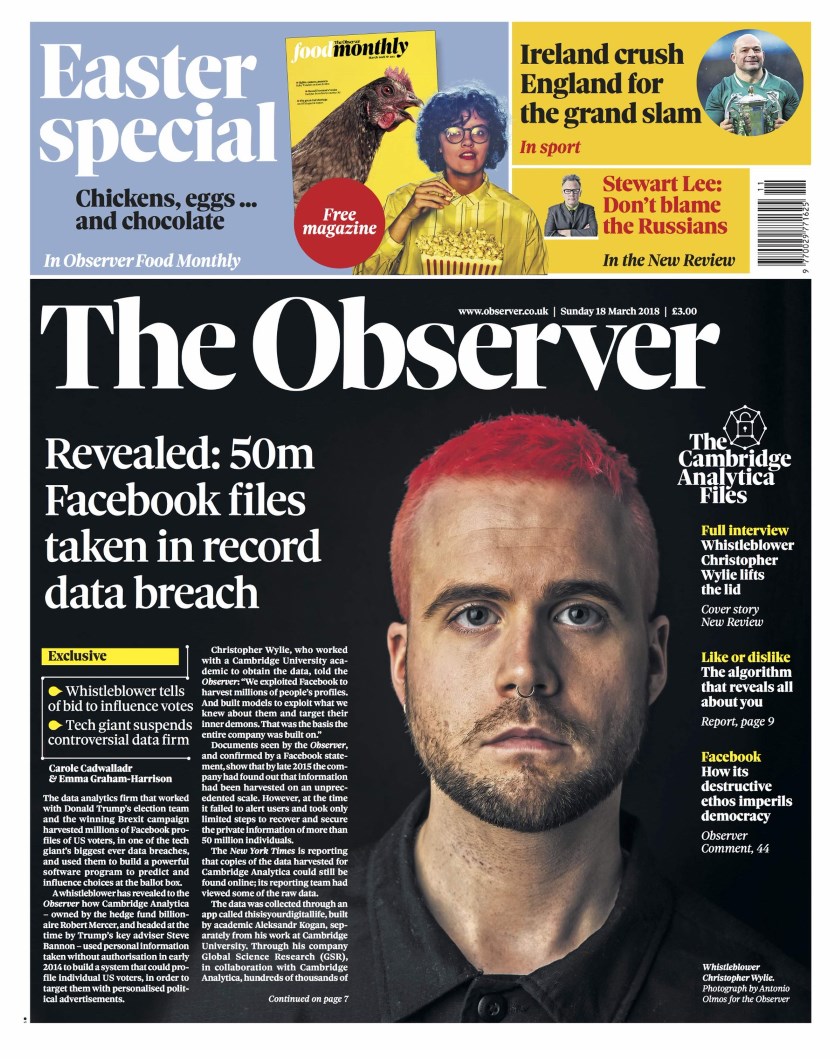Above is Rupert Murdoch’s apology for the actions of the News of the World, to run in the UK in the wake of the resignations of Rebekah Brooks and Les Hinton.
They’re great words, and they’re straight out of the PR 101 playbook.
Some might say they’re a trifle too late, as was Mr Murdoch’s meeting with the parents and sister of murdered schoolgirl Milly Dowler.
Some might question whether this apology would even have been issued if the Murdoch Press could have kept a lid on the scandal, if the Metropolitan Police had not rediscovered its bottle, and if The Guardian had not been persistent.
More telling about this apology’s sincerity is whether real steps will be taken to change the culture within the Murdoch Press.
We still have an organization with nearly half a century’s worth of bullying tactics, skirting the boundaries of the law and allegedly breaking them, and a culture of the ends justify the means.
Shifting that culture is going to be a tough call, not while so much of the behaviour has been institutionalized.
It is going to take some effort on Rupert Murdoch’s own behalf, because, like all organizations where the boss’s personality is so strong, it’s going to rest on him to lead a cultural change. Allowing an insider who has always tolerated such behaviour to take the helm is not going to do an awful lot: you don’t get change by reinventing the past.
I remain sceptical when I think back to all the scandals that the Murdoch Press not only uncovered, but had a hand in generating.
I remain sceptical when I think back to the victories Murdoch has had over earlier controversies, and whether he believes he can weather this one simply with the passage of time.
The world is a different place, and he may just be compelled to see this out.
He may be 80, but he still has young kids by his third wife. Let’s hope he understands that he needs to do right by the 21st century, when people in the occident are more alert to corporate moves and their unsavoury hand in our daily lives. Given that his youngest children won’t have him around for as long as his oldest ones, what he has is his legacy—and unlike Prudence, Elisabeth, Lachlan and James, Grace and Chloe will spend more of their lives hearing about their Dad second-hand than first-hand.
I think back to when we wrote Beyond Branding, and how we forecast that consumers would drive integrity and transparency through their demand. It looks like this is being played out now.
The question I have is this: is this merely the first salvo in everyday people taking back their power, and will we sink back into disinterest in a month or two?
Rupert Murdoch would not be in this position if we didn’t have a love of the gossip in The Sun and News of the World. We, the people, made this man rich.
If the Murdoch that critics write about is the real man, he’s betting the farm on disinterest being the order of the day come the autumn.
In my own world, I recall that last September, when the Fairfax Press reported on the possibility of the resurrection of the Wellywood sign, the silence on even the anti-sign Facebook group was deafening. One person even said he would vote for my rival and eventual winner, Celia Wade-Brown, because I did not do enough to fight the sign.
All it took was five months for one man to forget that I was the only mayoral candidate who actively fought it. I am not picking on him alone, because I don’t believe he was the only one to suffer from a short memory. We all do it.
Instead, this one issue alone, trivial by the standards of the Murdoch story, took 14 months before anger subsided enough for it to resurface in force with a new news report.
This is the defence of the bully boss and the pompous politician: the hope people forget, thanks to our lives being harder during a recession. The tougher the economy gets, the more they think they can get away with, since they hope our attention will be swayed. Without a comfortable life, will we have the luxury of monitoring those in power?
It’s up to us to get wiser and realize there’s more important news than what the tabloid press tells us is interesting.
It’s up to us to realize that celebrity news really does not affect us, unless it’s truly inspirational. And 99 per cent of it isn’t.
It’s up to us to understand that ‘sources close to’ do not constitute the truth, nor are those sources capable of the mind-reading of their subjects.
And it’s up to us to remember the past, rather than look fondly on it with rose-coloured glasses.
Corporate misbehaviour alone can fill a newspaper, as can the incompetence of our leaders. Yet we see little of either since advertising is affected by blowing the lid on the first, and a power base is affected by blowing the lid on the second.
The first is what killed the News of the World, not a sudden crisis of confidence by James Murdoch, who put his name to the announcement of its closure.
The second contributed to the delay in a Murdoch apology, in the hope that the Murdoch Press’s close ties to the Conservative government would be sufficient to weather it through the scandal.
Look around, especially in this election year in New Zealand, and you see very similar forces at work.
Regardless of what Murdoch does, real change starts with us.
